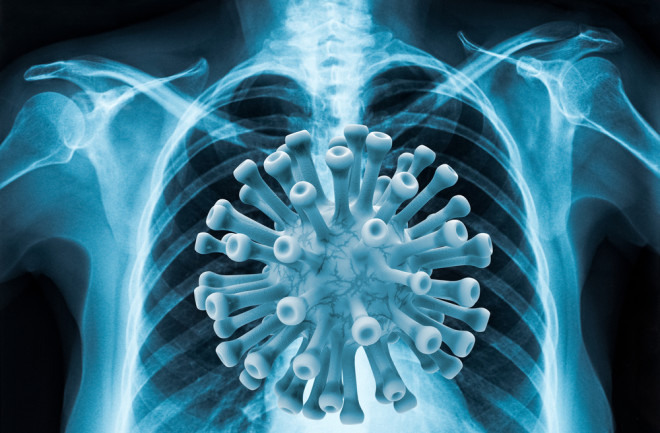This originally appeared in the July/August issue of Discover magazine. Support our science journalism by becoming a subscriber.
Coronavirus Disease 2019 (COVID-19) is a pandemic caused by Severe Acute Respiratory Syndrome Coronavirus 2, also called SARS-CoV-2. Here’s a closer look at how the new coronavirus affects the human body.

